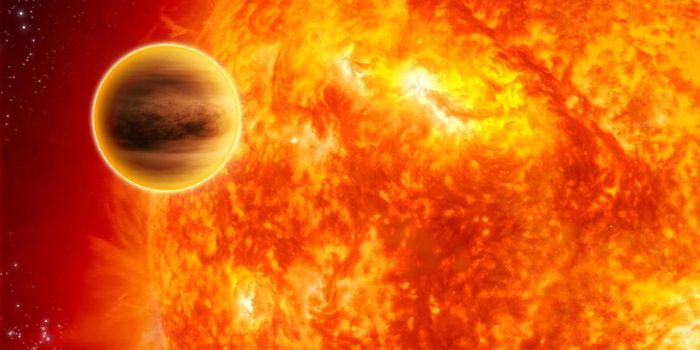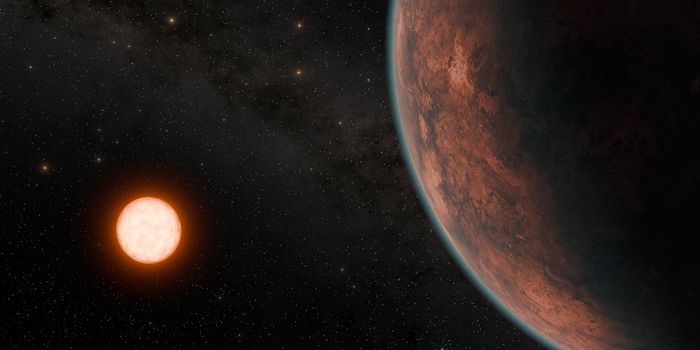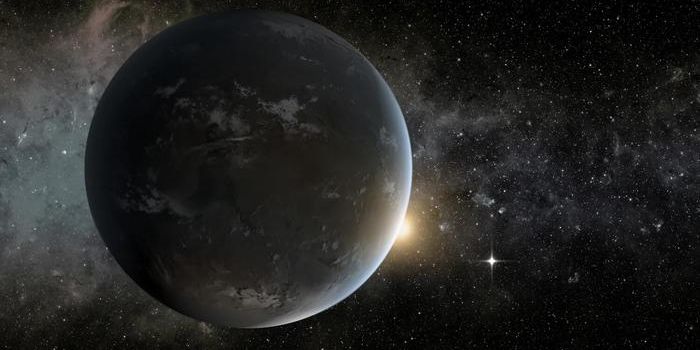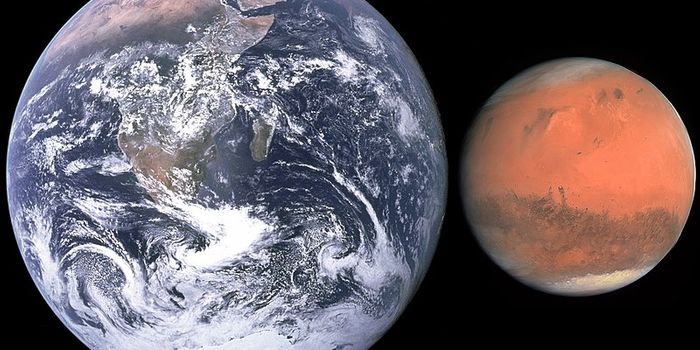Tiny Crops, Big Goals: Overcoming the Limits of Space Farming
How can food crops be adapted to living on the Moon? This is what a recent study presented at the Society for Experimental Biology Annual Conference in Antwerp, Belgium hopes to address as a team of researchers investigated novel techniques for growing food in future space outposts that would negate the need for resupplies from Earth. This study has the potential to help astronauts, engineers, and mission planners develop efficient methods for growing food in space, specifically as NASA plans to send astronauts back to the Moon in the next few years.
For the study, the researchers introduced the Moon-Rice project whose goal is the development of space-based food crops and under extreme environments on Earth. The researchers aspire to grow rice in space that has been deemed unable to accomplish due to the size of rice plants. But the Moon-Rice project aims to grow rice on smaller scales and microgravity environments, enabling astronauts on deep-space missions, possibly to the Moon or Mars, to grow rice in their habitats. The Moon-Rice project is a collaboration between the Italian Space Agency and several Italian universities.
“Researchers at the University of Milan are isolating mutant rice varieties that can grow to just 10 cm high, so they’re really tiny and this is a great starting point,” said Dr. Marta Del Bianco, who is a plant biologist at the Italian Space Agency and one of the study’s authors. “At the same time, Rome has identified genes that can alter the plant architecture to maximize production and growth efficiency.”
Collection of CRISPR-Cas mutagenised rice plants. (Credit: University of Milan)
The practice of growing food in space without the need for resupply from Earth is known as in-situ resource utilization and is currently being explored by NASA for its Artemis program with the goal of long-term lunar settlements.
How will the Moon-Rice project help develop more efficient space crops for future space missions in the coming years and decades? Only time will tell, and this is why we science!
As always, keep doing science & keep looking up!
Sources: Society for Experimental Biology Annual Conference, EurekAlert!









